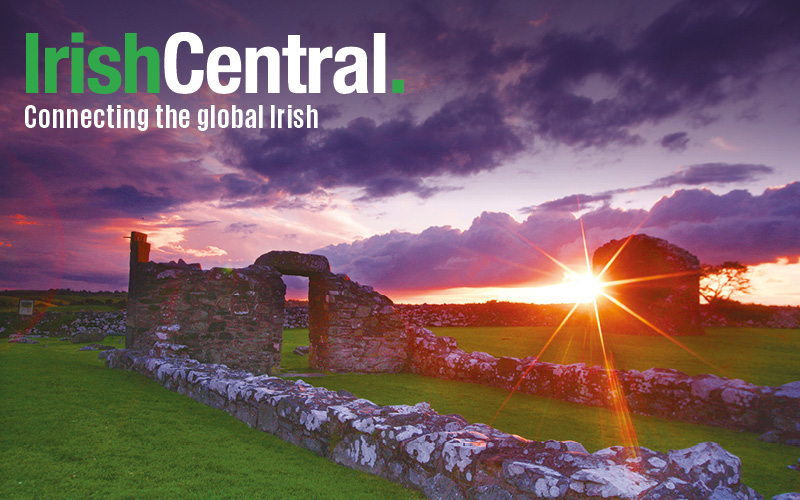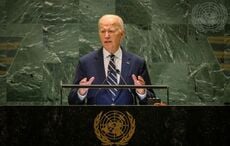Prostitution is spreading into rural areas of Ireland, due to advances in technology, the Irish charity Ruhama have said.
Up to 1,000 women in Ireland are selling sex at any given time in Ireland, they said. According to the Dublin based agency, mobile phones and the Internet being used to advertise the “thriving” sale of sex
“Women are moved quickly and sometimes frequently and the criminals involved remain at arms length hiding behind a computer screen,” Ruhama said in their annual report.
As a result of technology, the industry has become “more high tech” with information on women’s “movements, numbers of buyers, the amount of cash changing hands immediately available to pimps and traffickers even if they are not on site”.
The Dublin based NGO worked with 204 women who were involved in prostitution in 2010, a four percent increase on the previous year. Among those, they recorded an nine percent increase in requested help from women working the streets.
It helped 140 women from 31 countries in areas such a accommodation, health, addiction and also legal matters.
_______________________
READ MORE:
Belfast police close in on human traffickers
Landmark as first human trafficking case goes ahead in Ireland
Legalizing prostitution is the only fair solution for Ireland, elsewhere
________________
Some 61 percent of women trafficked into Ireland for sex came from Nigeria, the report stated, with women also coming from Romania, Cameroon, Albania, Moldova and Ghana.
Sarah Benson, the chief executive of Ruhama described prostitution and trafficking in Ireland as a “truly global nature”.
“The women Ruhama works with come from very diverse backgrounds and experiences they also often have a great deal in common,” she said. “Most are vulnerable migrant women or marginalised
Irish nationals, experience economic difficulties especially debt, some have addiction or childhood abuse issues.”
Benson called for a reform of Irish laws to shift the burden from those selling sex to those who pay for it.
“The focus has rightly turned in recent times, from the women and girls, and the small number of men and boys who are in prostitution towards those who are profiting,” she said.
“This includes of course the buyers. The sex trade is a multi-million euro industry in Ireland fuelled by their demand. A positive step in overcoming this growth in the sex trade would be to stem demand by criminalising the buyers through legislative change.”




Comments